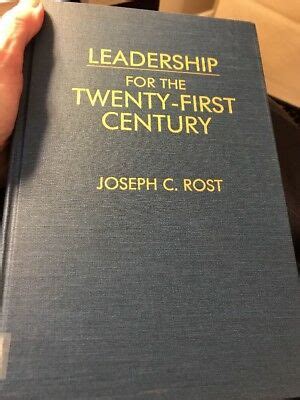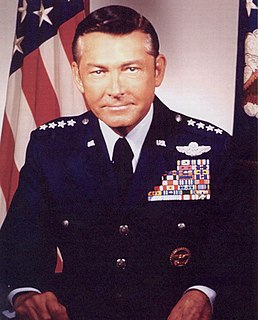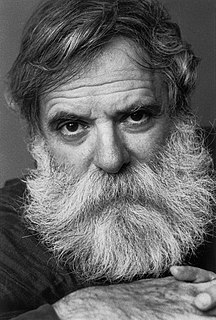A Quote by Tom Robbins
Much more than an entertaining set of exaggerated facts, fiction is a metaphoric method of describing, dramatizing and condensing historical events, personal actions, psychological states and the symbolic knowledge encoded within the collective unconscious; things, events and conditions that are otherwise too diffuse and/or complex to be completely digested or appreciated by the prevailing culture.
Quote Topics
Actions
Appreciated
Collective
Collective Unconscious
Complex
Conditions
Culture
Describing
Diffuse
Entertaining
Events
Exaggerated
Facts
Fiction
Historical
Historical Events
Knowledge
Metaphoric
Method
More
Much
Otherwise
Personal
Prevailing
Psychological
Set
States
Symbolic
Than
Things
Too
Unconscious
Within
Related Quotes
Leadership is the name that people use to make sense out of complex events and the outcomes of events they otherwise would not be able to explain. In other words, people attribute leadership to certain individuals who are called leaders because people want to believe that leaders cause things to happen rather than have to explain causality by understanding complex social forces or analyzing the dynamic interaction among people, events, and environment.
I want my work to become part of our visual history, to enter our collective memory and our collective conscience. I hope it will serve to remind us that history's deepest tragedies concern not the great protagonists who set events in motion but the countless ordinary people who are caught up in those events and torn apart by their remorseless fury. I have been a witness, and these pictures are my testimony. The events I have recorded should not be forgotten and must not be repeated.
A song playing comprises a very specific and vivid set of memory cues. Because the multiple-trace memory models assume that context is encoded along with memory traces, the music that you have listened to at various times of your life is cross-coded with the events of those times. That is, the music is linked to events of the time, and those events are linked to the music.
Many people believe that decentralization means loss of control. That's simply not true. You can improve control if you look at control as the control of events and not people. Then, the more people you have controlling events - the more people you have that care about controlling the events, the more people you have proactively working to create favorable events - the more control you have within the organization, by definition.






































